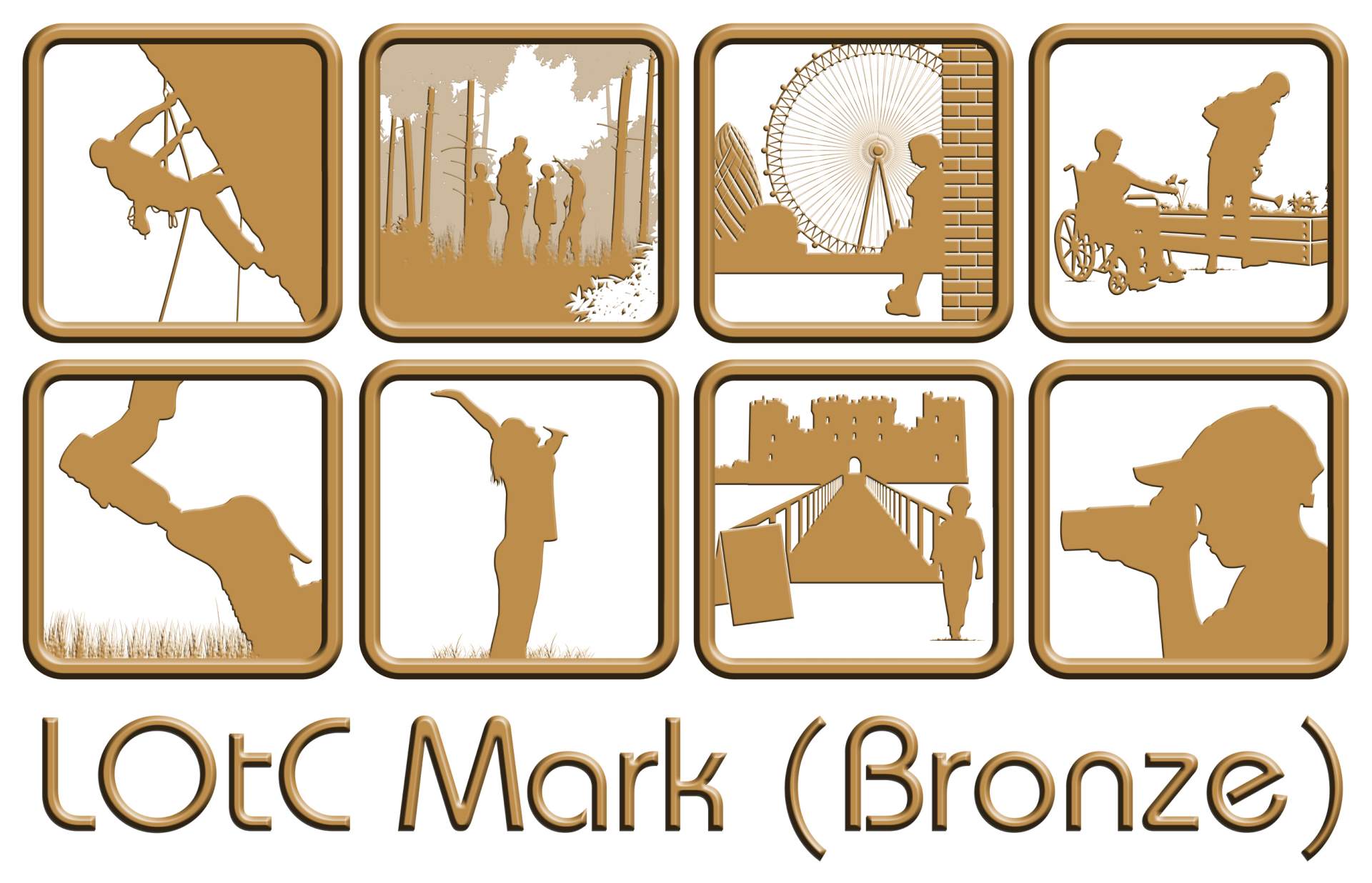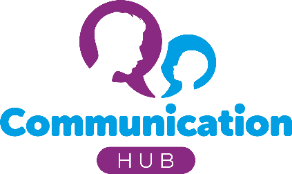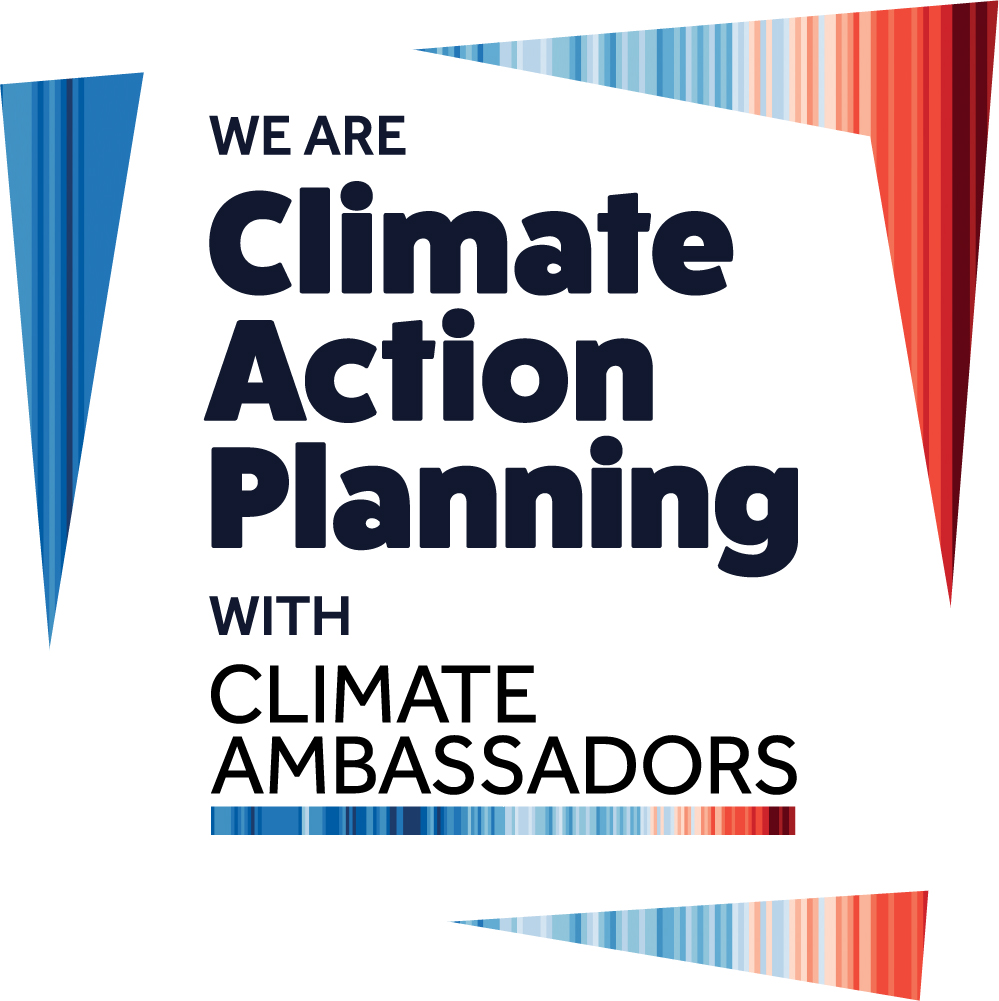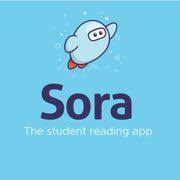Recovery Curriculum
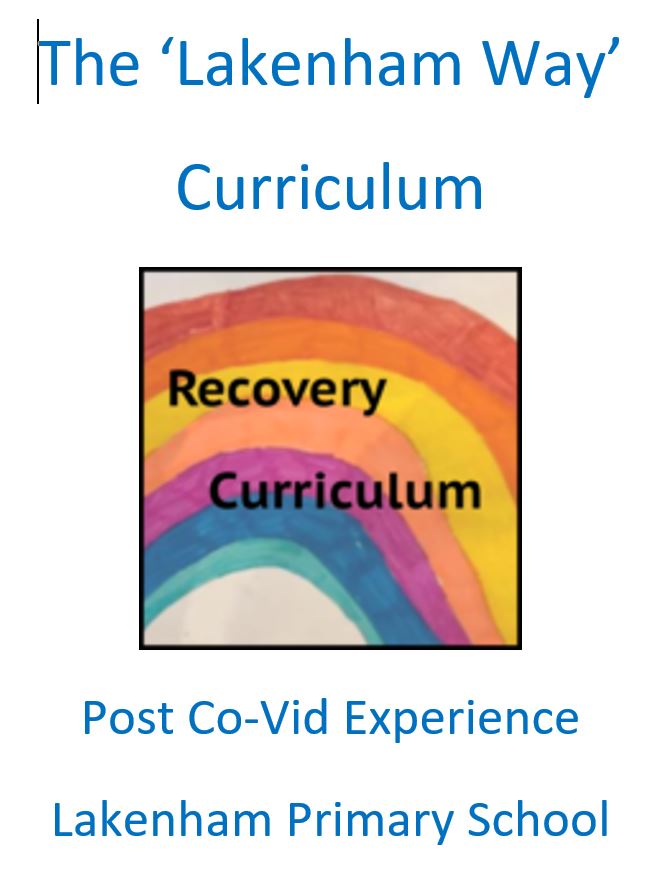
As children arrive back in school it is vital that we do not just go back to “normal”. We will be taking into account that most children have not been in school since the last week of March and their experiences of lockdown will be varied, some positive, some negative. Whatever their circumstances have been each will have been grappling with different emotions and feelings, and different experiences of learning at home.
Our post Co-Vid experience gives children the opportunity to ‘learn how to learn’ again through a range of mental well-being activities. Children will be coming back to school with a wide range of emotions which they will need support to understand and vocalise. Through the curriculum, our children will be given the time and space to transition successfully back into school.
Our aims for the curriculum are:
- To build trust and relationships
- To learn how to socially interact with peers and adults
- To learn how to manage emotions
- To grow in confidence
- To build resilience
- To begin to follow a structure and routine
- To re-engage in learning
At the heart of this curriculum is Social, Emotional and Mental health and wellbeing and is based on the Think Piece by Barry Carpenter: A Recovery Curriculum: Loss and Life for our children and schools post pandemic.
https://www.evidenceforlearning.net/recoverycurriculum/
This curriculum will be for the first three weeks back in September when we return to school. Some children will need a different time scale but we will not know the effect of this pandemic on certain individuals until they are back.
The activities for each year group are focused around a key text alongside other activities that can work alongside these. Staff are able to add other activities which may focus on a distinct need for a certain group once observations have been carried out.
WELLBEING AND INVOLVEMENT - Leuven Scales
The Leuven Scales for measuring children’s wellbeing and involvement are an important part of our toolkit for re-integration and transition. Prof. Dr. Ferre Laevers, who developed the system, describes it as a Process Oriented Monitoring System which focuses on how effectively our strategies are leading to the results we want. It acknowledges the importance of the context of learning, not just the product. It recognises that high levels of wellbeing and deep level involvement provide the best context for learning to take place in.
Our work at Lakenham Primary School, in Key Stage 1 from 2018 to 2020, revealed that on transition to Year 2 the children in the research group had higher levels of wellbeing and involvement than the control group. Assessments were also more holistic and gave a more accurate picture, whereas the control group assessments were formally administered tests and so only portrayed a young child’s achievement in a limited test condition. The year 2 teachers also noticed a correlation between levels of wellbeing and involvement and the children’s attainment with higher prior attainers generally demonstrating higher levels of wellbeing and involvement.
The staff assess using Leuven scales to work out what needs to be put in place or adapted in order to raise wellbeing and involvement. These actions look at the environment, the activities, the adult role and specialist support that may be needed.
As children re-integrate into school these scales will be used at Lakenham to ascertain how well children are adapting and how we as staff can best support them. Our research lead and Assistant Headteacher, Jude Twani, has prepared a number of training materials for our staff to use in order to train for the use of these scales across all year groups. These were also used with the children returning to school in June and July.
Many people in the public arena have been using the phrase “catch-up” when discussing children’s return to school. This assumes that we will be able to accelerate children’s learning to get back to where they “should” have been. However, use of the Leuven Scales will focus our attention on the processes of and conditions for learning to take place. It asks the all important question, “How are our children doing?” in terms of their emotional, social, cognitive development rather than in terms of attainment. It puts the child right at the heart of our programmes and our school.
We know that children cannot learn if they are not happy, comfortable and settled. This is critical within this time of change and uncertainty.





